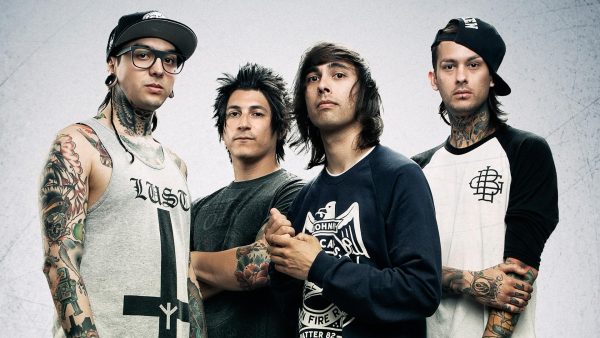Minority Owned Companies – The Issue with Bias
Business is a field that should always be based on quality and reliability.
It’s no secret that as a collective society we’ve grown. But human rights is now just recently becoming something of a real concern, which is sad to think about. Particularly in business, bias still exists with who is running what. It should never matter the race, ethnicity, sexuality, or gender of someone running a business. The success of a business should be based on the quality and reliability of the product or service, but it’s always been far too determined by unrelated factors.
The purpose of this, then, is to take a look at some of the businesses that are overshadowed by much larger corporations due to people having an issue with who operates it, rather than what the business sells.
Shami Oshun, a young black entrepreneur, is a designer from California who’s designs and clothes have caught the eye of many through the internet. Shami also integrated 3D printing into certain designs, such as the 3D printed Bev Bag, designed to hold drinks. The uniqueness and creativity put into her designs are enough to consider buying from this company. While it is on the expensive side, the aesthetically appealing designs, from clothes to earrings to bags, make up for this.
Luna Magic is a makeup company founded by the Dominican-American sisters Mabel and Shaira Frias. With a passion for beauty, they integrate their heritage into the products they create. Founded in Los Angeles, Mabel is a digital strategist with years of experience in the field of fashion and beauty, while Shaira is an entrepreneur and a professional makeup artist. With quality and affordability, this brand ships to the US and internationally.
Dfrntpigeon is an incredibly unique brand, which began as a partnership between AKQA and Portland’s New Avenues for Youth. The idea is that design professionals offer mentorships to homeless youth (40% LGBTQ+), and then are paid to design clothing lines that take inspiration from their lives and experiences. The store has a wide variety of options from a wider variety of creators. The company embraces the pride movement, and each item has a description with the inspiration, name of the creator, and availability to see more of their work.
Businesses that are owned by minorities contribute to the US economy greatly, with 4.7 million jobs. Almost never do these businesses receive the equal opportunity, though. These businesses, while a good example of how it really doesn’t matter who owns a business compared to the quality of the product, are only a few of many. This is why we have to take action. Research businesses that are owned by minorities, support them and endorse them. We can make a change, and we can provide equal opportunity in the business world, and as a whole.







